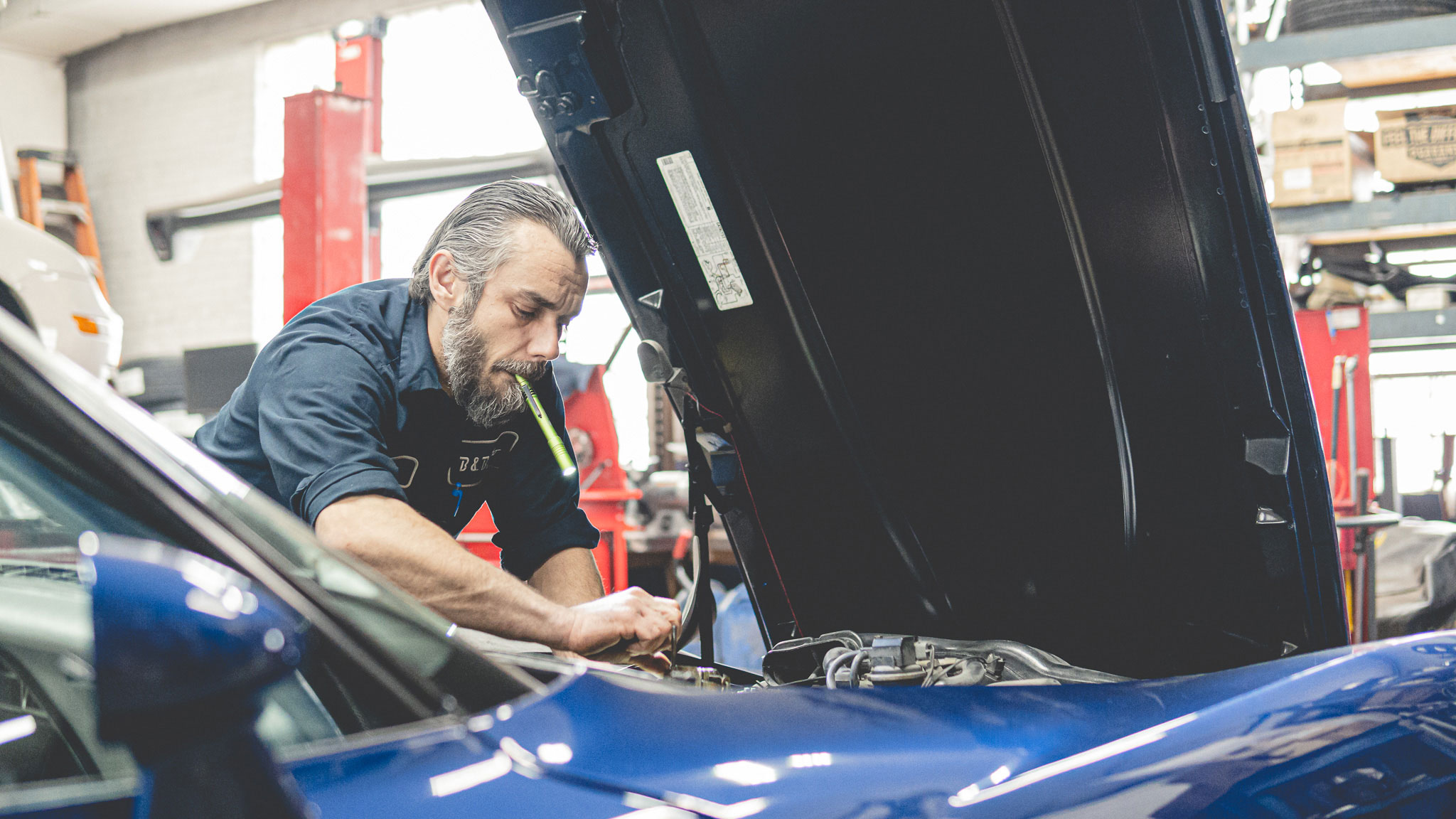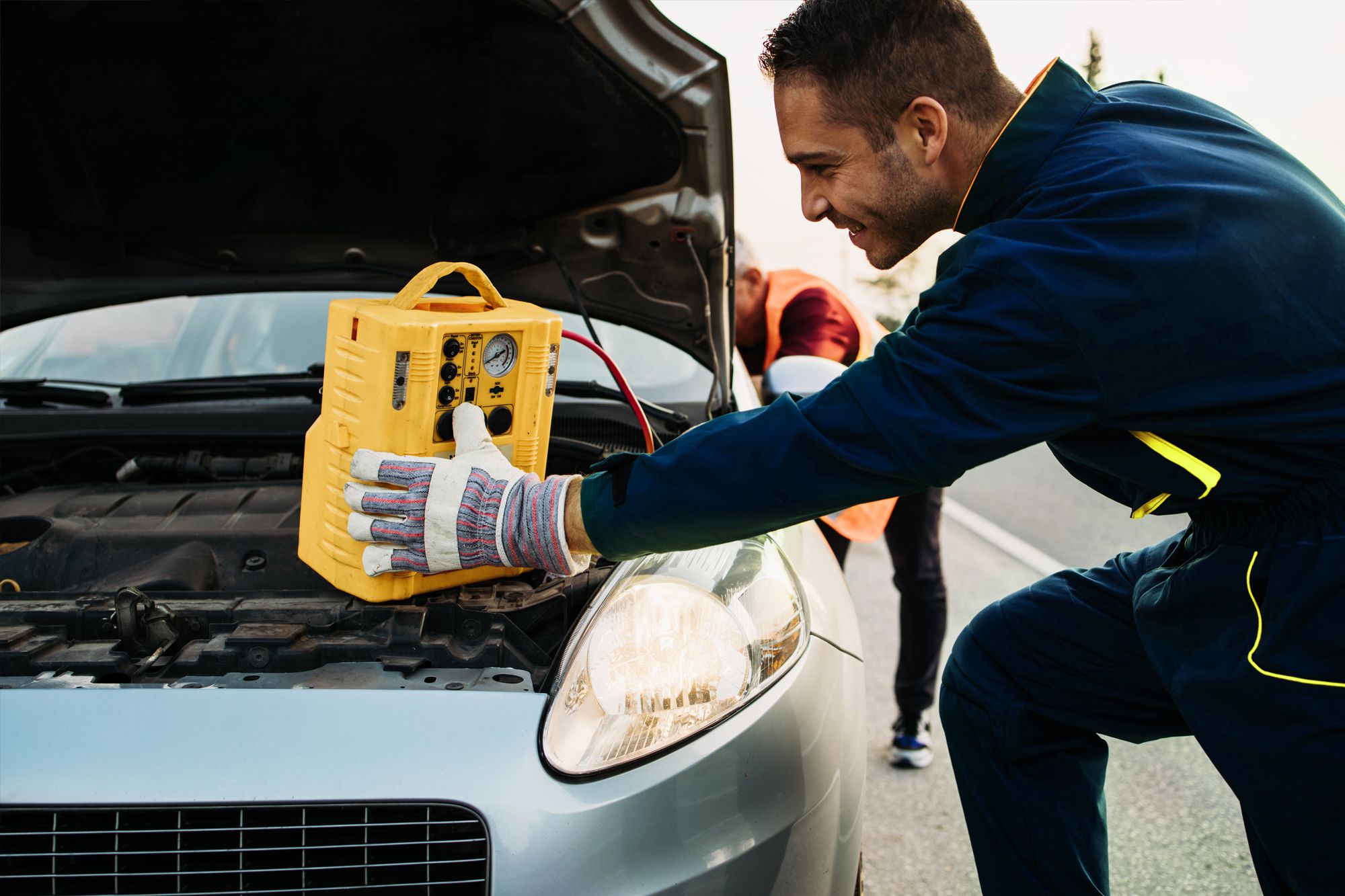Featured
When Preserving Your Lorry, # Typical Blunders to Avoid
Routine upkeep is necessary to maintain your car running smoothly, enhance its lifespan, and stay clear of pricey fixings. However, even well-intentioned vehicle owners can make mistakes that threaten their automobile's efficiency and security. Knowing what to stay clear of is just as essential as knowing what to do. Below are some typical maintenance errors and ideas on how to guide clear of them.
- Neglecting Regular Oil Changes. Among the most expensive and frequent blunders is avoiding oil adjustments. Engine oil lubes and cools your automobile's engine, protecting against wear and tear on moving parts. With time, oil breaks down and becomes less efficient, leading to boosted engine friction and potentially serious damages. Follow your manufacturer's advised oil modification intervals and always use the right oil kind for your lorry.
- Neglecting Caution Lights. Overlooking a check engine light, brake system sharp, or low oil caution can result in substantial issues and costly repair work. Always address warning lights immediately by consulting your owner's handbook or taking your automobile to a trusted mechanic.
- Avoiding Tire Maintenance. Tires play an essential role in your car's efficiency, gas effectiveness, and safety. Failing to examine tire pressure, rotate tires routinely, or inspect for wear can bring about irregular step, minimized gas economic situation, and dangerous blowouts. Use a tire pressure gauge to preserve the suggested PSI, check step depth with a penny examination, and rotate tires every 5,000 to 7,500 miles for even put on.
- Neglecting to Replace Filters. Air filters and cabin filters are commonly ignored throughout regular maintenance. A filthy engine air filter lowers air flow, influencing fuel efficiency and engine efficiency, while a blocked cabin air filter can minimize airflow inside the automobile and concession air top quality. Replace these filters based on your vehicle's maintenance schedule, or extra regularly if you drive in messy conditions.

- Making Use Of Inaccurate Liquids. Vehicles count on different liquids, consisting of transmission liquid, coolant, and brake liquid, to operate appropriately. Making use of the incorrect type of fluid or disregarding to examine and replace liquids can lead to significant mechanical concerns. Constantly consult your owner's guidebook to guarantee you're utilizing the proper liquids and adhere to the substitute intervals.
- DIY Repair Works Without Proper Expertise. While do it yourself fixings can save money, attempting complex fixings without the right tools or expertise can do more injury than excellent. For instance, improperly changing brake pads or timing belts can endanger lorry safety and security. Adhere to basic maintenance tasks like changing wiper blades or air filters and leave intricate repairs to certified specialists.

- Holding Off Scheduled Upkeep. Makers provide a maintenance schedule customized to your automobile to keep it in ideal condition. Postponing essential solutions like brake evaluations, trigger plug substitutes, or timing belt adjustments can cause costly repair work in the future. Stick to the schedule outlined in your proprietor's manual, even if your car appears to be running fine.
Verdict. Preserving your automobile doesn't need to be made complex, but preventing usual errors is crucial to keeping it in leading shape. By following your maker's suggestions, attending to concerns promptly, and consulting experts for complex jobs, you'll enjoy a more secure, extra reputable adventure while decreasing long-lasting fixing prices.
Latest Posts
Learn How to Cut Costs on Car Maintenance with Montclare Auto Repair’s Limited-Time Deals
Published en
1 min read
Don’t Miss Limited-Time Auto Repair Offers in Chicago at Montclare Auto Repair
Published en
1 min read
Discover Your Financial Partner at WyHy – Top Perks for Your Money Goals
Published en
1 min read
More
Latest Posts
Learn How to Cut Costs on Car Maintenance with Montclare Auto Repair’s Limited-Time Deals
Published May 28, 25
1 min read
Don’t Miss Limited-Time Auto Repair Offers in Chicago at Montclare Auto Repair
Published May 26, 25
1 min read
Discover Your Financial Partner at WyHy – Top Perks for Your Money Goals
Published May 25, 25
1 min read